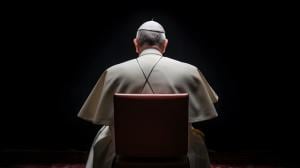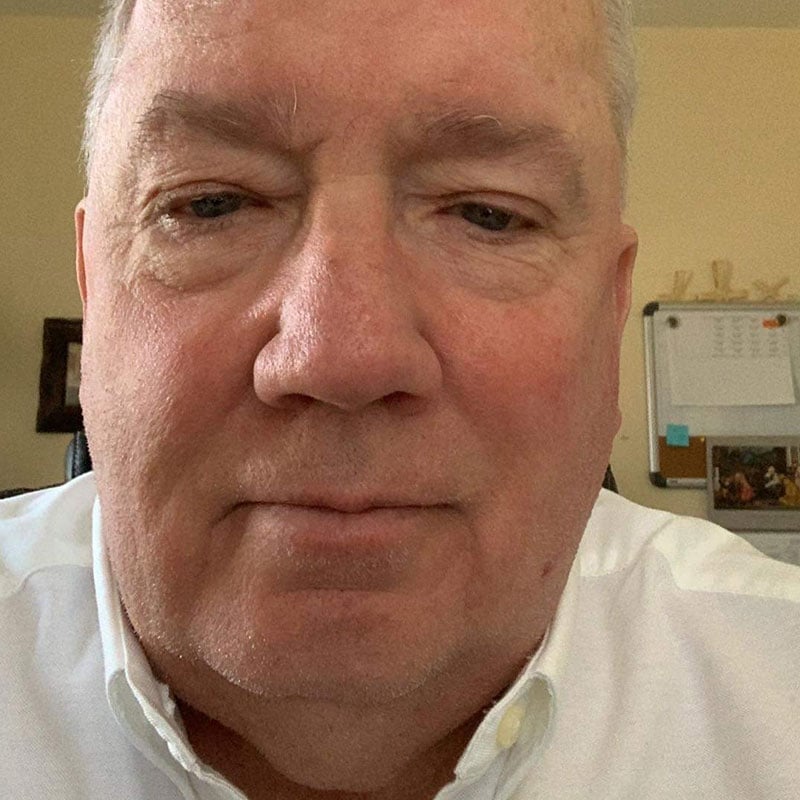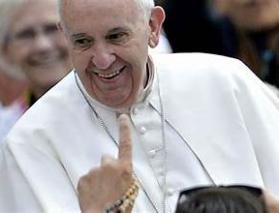
Pope Francis, the first Jesuit Pope, passed away on Easter Monday, April 21st. Francis was sometimes a controversial figure based on several of his comments. The Vatican had to “clarify” several of its statements for better clarity. I had written previously about some of his controversies.
Pope Francis’ Legacy
Jorge Mario Bergoglio was born in Buenos Aires, Argentina, on December 17, 1936. Francis was elected the 266th pope on March 13, 2013. In addition to being the first Jesuit priest elected Pope, Francis was “first” in several categories:
- First Pope from the Americas – South America specifically
- First Pope from outside of Europe in over 1,000 years
- First Pope to take the name “Francis” – chosen in honor of St. Francis of Assisi
- First Pope to live in the Vatican guesthouse instead of the Apostolic Palace
- First Pope to allow priests to bless same-sex couples
- First Pope to apologize for historical injustices to Canada’s Indigenous communities
Pope Francis was a humble man who followed the example of St. Francis of Assisi. He lived a simple life and avoided the pageantry of the papacy. In addition to taking residence outside of the Apostolic Palace, he preferred smaller cars to the luxury vehicles used in the past, and he modified papal funeral rites to remove opulence. His daily behavior exemplified Francis’ message of humility and simplicity. Pope Francis was an avid steward of the environment, and his encyclical “Laudato Si” called for urgent action on climate change.
Pope Francis’ Controversies
Francis was a trailblazer in many respects. He was also a controversial figure based on some of his comments:
- Francis’ blessing of same-sex couples was controversial, as many interpreted his comments to signal a change in Church teaching. The Vatican later released Fiducia Supplicans, a papal document written to quell the controversy and clarify the nature of blessings.
- Handling of the Clergy Sexual Abuse Scandal – Pope Francis did take steps to address those involved in the scandal, but many felt he did not go far enough to root out offenders and do more to show the world the Church is serious about resolving this scandal.
- Pope Francis pushed for financial transparency and received considerable pushback from Vatican insiders. He introduced stricter anti-corruption practices and overhauled the Vatican Bank, officially known as the Institute for the Works of Religion(IOR):
- He restructured and replaced Bank officials with financial experts to oversee the reforms.
- Increased transparency by publishing annual reports for the first time.
- Centralized financial oversight by moving all assets to the Vatican Bank.
- Pope Francis spoke out about government behavior, criticizing his country, Argentina, and the United States on many policies. The Pope was especially critical of the United States’ immigration polices, specifically the Trump policy of mass deportations.
- On numerous occasions, Francis received pushback from many conservative cardinals and bishops regarding the Pope’s changes to liturgical practices and decentralization efforts to empower local bishops. Some conservative cardinals even published formal theological doubts about his teachings.
While the pope was sometimes controversial, his humility was an example for Catholics worldwide. He provided a softer image as the leader of the Church, but wasn’t afraid of controversy and preached a message of inclusion for all people. Please let me know your thoughts on this article in the “Comments” section.
Peace

















